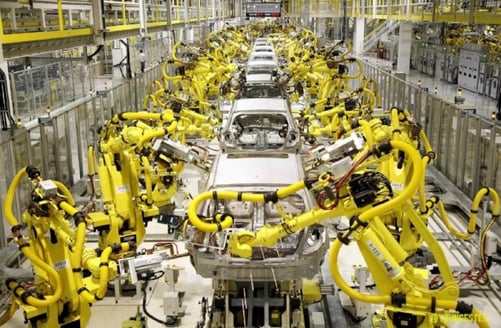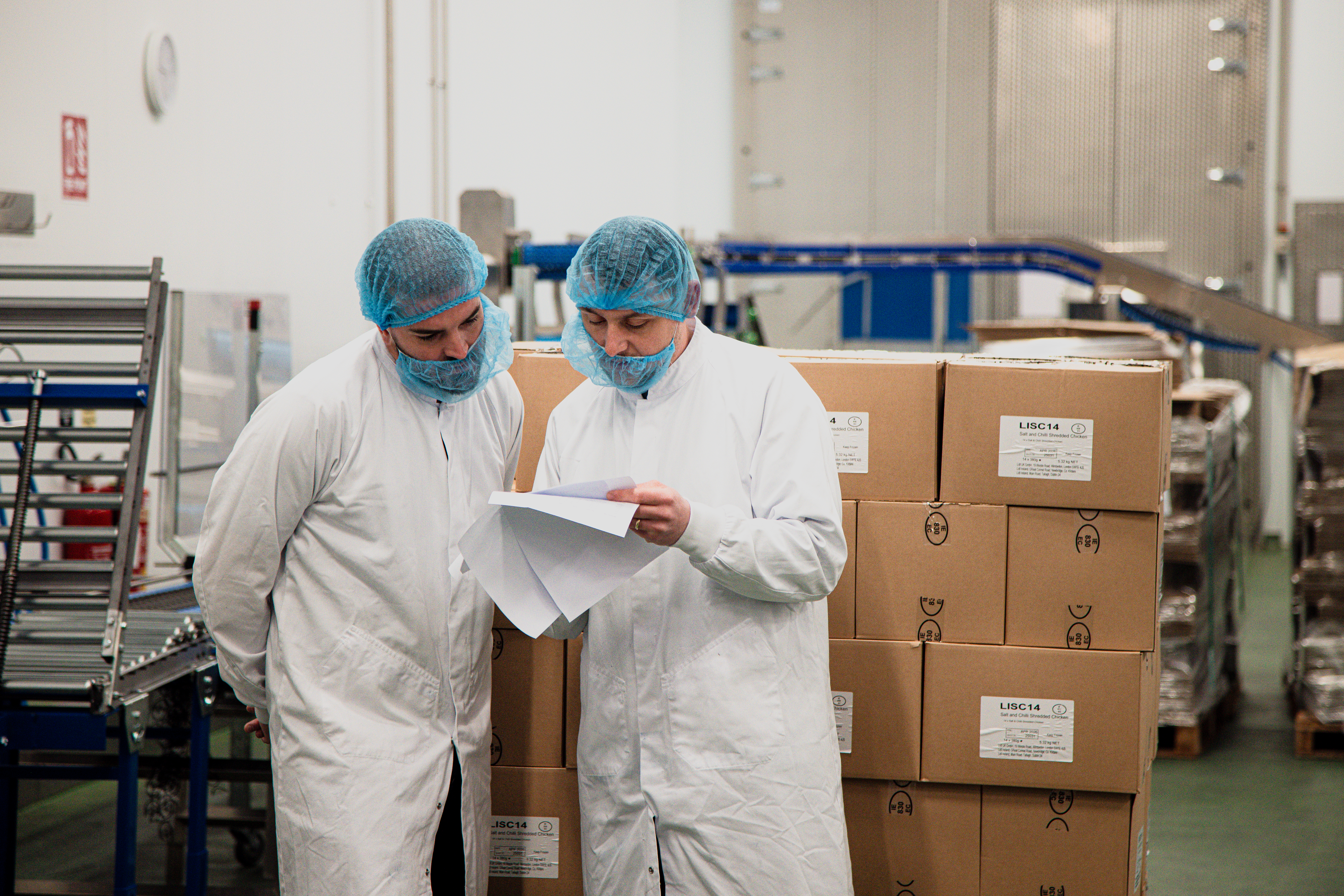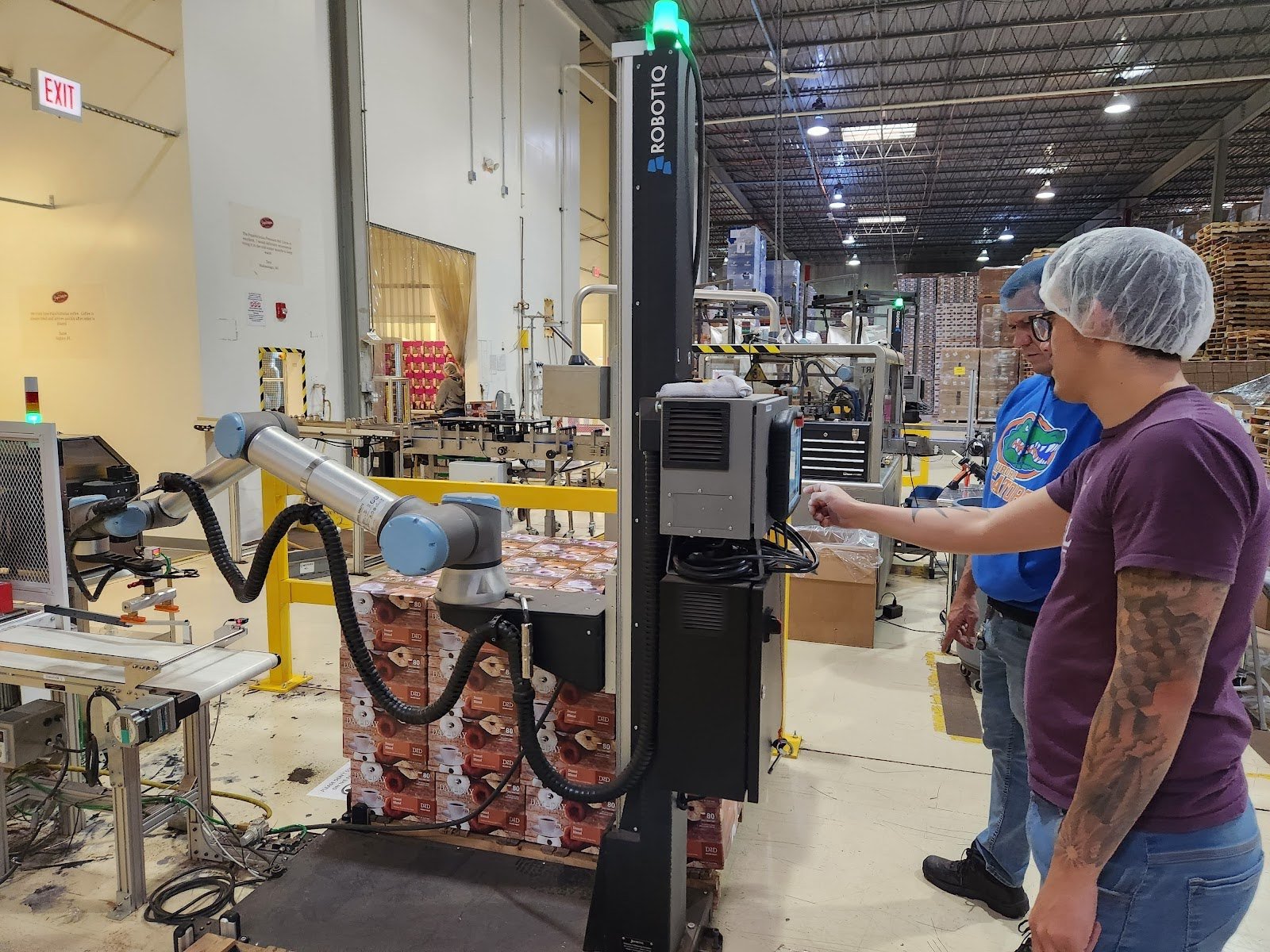Imagining a World Without Robotics in Manufacturing

There are two sides to any discussion about robotics in manufacturing. On the one side, you have the people who want the robots to take away mundane or even hazardous jobs, thereby opening up better opportunities for human workers. The other side of the coin, of course, are the people who claim robots are stealing jobs.
What if we never invented robots for manufacturing? What kind of world would we live in? What things would we have to give up in such a world? The answers are more widespread than you may think.

A World Without Robots: Dangerous and Empty
The inclusion of robots in manufacturing has changed everything for the better. Not only does the industry enjoy huge profits and growth, but entirely new industries have emerged as a result of robots.
In our world without robots, you can said goodbye to your fancy cars. With the help of robots in manufacturing plants, there were over 94 million cars manufactured in 2016 alone. Both fenced and collaborative robots are used to make numbers like this possible.
If people were responsible for lifting, applying, and welding extremely heavy parts, then the process would be incredibly slow. More than that, it would be extremely dangerous. One slip and your average car part could easily kill someone.
Cars would be much harder to find and would skyrocket in cost. Why? Because workers would have to be paid to fill all the roles robots leave behind. Employee turnover would be at all-time highs, because who wants to perform the same repetitive task over and over for hours on end, let alone for years of their life?
Workplace injuries would be commonplace, and workers would be forced to retire early because of debilitating injuries from the repetitive work. Not only would injuries go up, but costs would also explode for manufacturers.
A collaborative robot can perform a simple task with immense precision and do it ad nauseam. Humans, however, are far more prone to mistakes. Many manufacturing processes require a standard level of quality. If that’s not met, they have to throw out components and waste money.
While automobiles would suffer greatly without robots, even something as small as smartphones would be hit as well. Foxconn, the largest contract electronics manufacturer in the world, is automating thousands of jobs at their factories with robots.
By doing this, they are able to train employees to do more complex tasks and relieve them of repetitive and thankless work. This improves the quality of life for employees, who have been known to have high suicide rates in these type of factory settings.
It’s not rewarding work, but without robots, we would be forced to do it. So, not only would smartphone and electronic production be cut by a large margin, but the quality of life for millions of workers would be extremely low.
Robots don’t just make our lives easier, they make us happier by empowering us to do more rewarding and fulfilling tasks. Many people who condemn robots in manufacturing aren’t considering these factors, and it’s they who would suffer most in a world without robots.
Beyond all of these things, we should also consider the technology that we have solely because of the innovations in the field of robotics. Would you be okay with saying goodbye to these things? Of course not. That’s why robots deserve our respect and admiration, because they keep the wheels of manufacturing turning.
Final Thoughts
A world without robots in manufacturing, is not one I want to live in, and I’m sure you would agree as well. What elements of robots in manufacturing could you not live without? Let us know in the comments!








Leave a comment